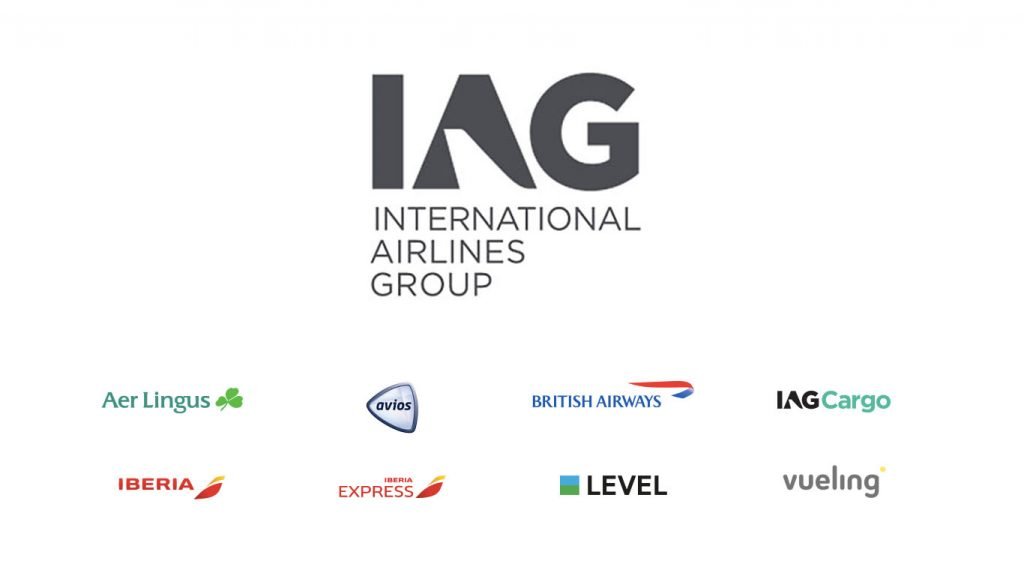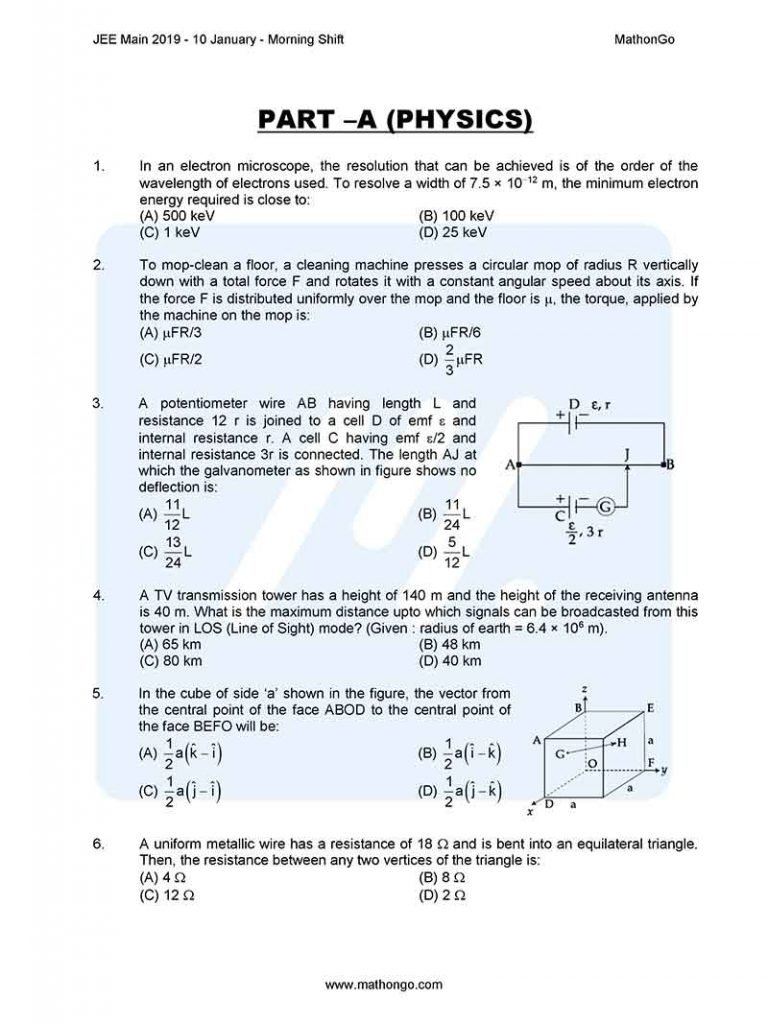
International Consolidated Airlines Group (IAG), owner of British Airways, has seen its share price rise significantly over the past year. However, a detailed analysis suggests that the stock may still be undervalued, presenting a potential investment opportunity. This article will delve into the reasons why, drawing upon financial data and market analysis.
Current Stock Performance and Valuation: IAG’s share price has increased by 129% from its 12-month low of £1.41 on March 5th. While this increase is substantial, it’s essential to evaluate whether the current price accurately reflects the company’s intrinsic value. Currently trading above £3, the stock is considered by some to be undervalued below £8.97. Before the COVID-19 pandemic, IAG shares were trading around £6.15, suggesting a current discount of 47%. This discount appears unjustified when considering the company’s recent financial performance.
Financial Recovery and Debt Reduction: In 2019, before the pandemic, IAG had an operating margin of 11.9% and an operating profit of €3.3 billion, with net debt of €6.4 billion. By the end of 2023, IAG had restored its operating margin to 11.9% and increased its operating profit to €3.5 billion. Crucially, by the nine-month report of 2024, net debt had reduced to €6.2 billion, reaching pre-pandemic levels. This recovery indicates that IAG’s core business operations have rebounded strongly.
Undervaluation Metrics: A price-to-earnings ratio comparison with its core competitors shows that IAG is undervalued, trading at a 6.2 P/E ratio compared to a peer average of 7.2. Furthermore, a discounted cash flow analysis indicates that the stock is 64% undervalued at the current price of £3.23. Based on these factors, the fair value of the stock is estimated at £8.97.
Future Growth Prospects: IAG anticipates increasing operating margins to 15% from the current 11.9% in the medium term. It also projects a capacity growth of 4%-5% to the end of 2026. Consensus analysts’ expectations are that IAG’s earnings will increase by 5.9% a year to the end of 2027. While competition from other carriers on long- and short-haul routes remains a key risk, IAG’s growth trajectory is positive.
Market Sentiment and Analyst Ratings: Despite the positive outlook, it’s worth noting that some analysts believe other stocks present better buying opportunities. However, several brokerages have recently issued positive reports on IAG. JPMorgan Chase & Co. reiterated a ‘buy’ rating, and Deutsche Bank Aktiengesellschaft upgraded the shares to ‘buy’, boosting their price target from GBX 215 to GBX 400. IAG shares also reached a new 52-week high on Tuesday, trading as high as GBX 325.80, before closing at GBX 322.40, with a high trading volume of 19,802,408 shares. The stock’s 50-day moving average is GBX 282.09, and its 200-day moving average is GBX 220.29.
Economic Factors and Investment Strategy: The article also considers the broader economic environment, which is still in a phase of uncertain outlook, as well as the unwinding of restrictive monetary policies. The economy’s cyclical nature suggests that this may be an opportune time to invest in high-quality businesses such as IAG. Inflation is expected to gradually decline over the coming years, providing scope for further interest rate cuts, which should benefit the company’s operations. Additionally, the company has a market cap of £16.17 billion, a PE ratio of 785.95, a PEG ratio of 0.21, and a beta of 2.31, with a debt-to-equity ratio of 337.70, a quick ratio of 0.63, and a current ratio of 0.70.
Conclusion: While IAG’s stock price has increased significantly, there is a strong indication that the stock is undervalued. The company’s financial performance has recovered to pre-pandemic levels and is poised for future growth. The economic factors may also favor its future operating environment. For investors focused on capital appreciation, the stock presents a compelling buying opportunity.
Sources:


